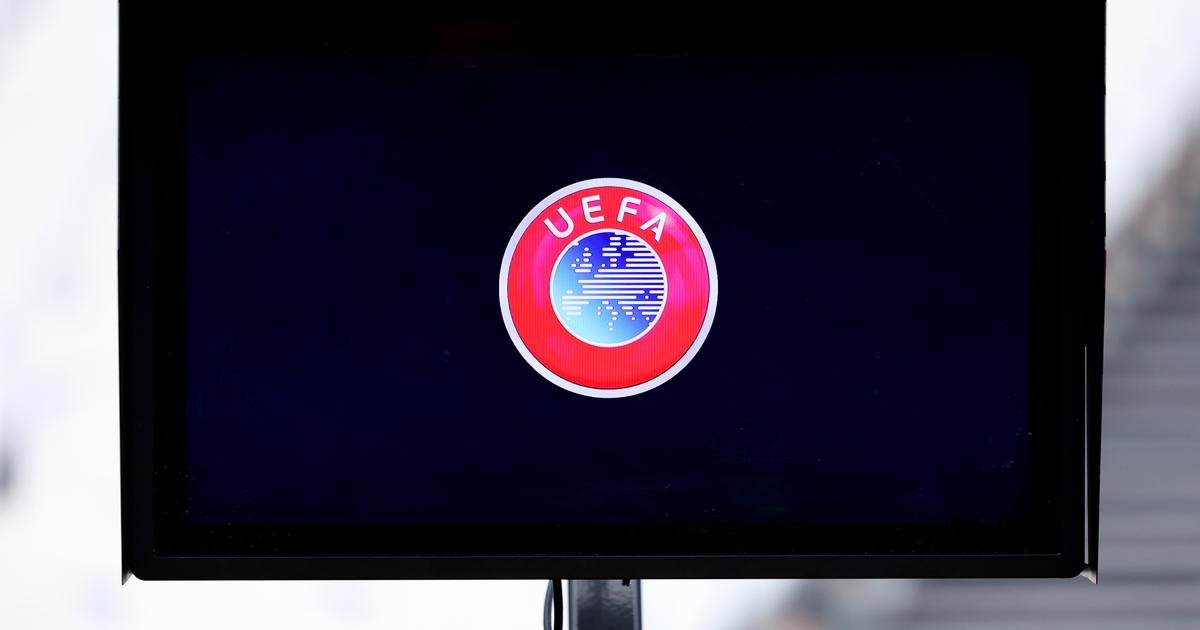Spanish justice has ruled that FIFA and UEFA “abused their dominant position” by opposing the Super League, a semi-closed competition project that nearly disrupted European football in 2021, according to a decision made public on Monday. The Madrid commercial court demands that the two governing bodies of world and European football “cease their anti-competitive behavior”, which it claims is based on “unjustified and disproportionate restrictions.”
This judgement from Spanish justice was anticipated, considering Judge Sofia Gil Garcia has taken up the reasoning from December by the Court of Justice of the European Union (CJEU). The CJEU had earlier disapproved the UEFA and FIFA rules—effective in 2021 but since modified—that attempted to block the emergence of competing tournaments. FIFA and UEFA required “prior authorization for the creation of any project for a new competition”, threatening sanctions for the involved clubs and players, a rule that lacked clear criteria.
The courts have now ruled that this discretionary power to prohibit participation in alternative competitions infringes on European competition law. The Spanish magistrate’s decision underlines the necessity to eliminate such anti-competitive practices. UEFA President Aleksander Ceferin had earlier downplayed the threat despite the disapproval from European justice, even mocking the idea by suggesting, “I hope they will start their fantastic competition with two clubs.”
The Madrid commercial court's investigation came about due to a lawsuit filed by A22 Sports Management, a company responsible for developing the super championship including Real Madrid and FC Barcelona, and based on a December 2023 CJEU ruling. The court criticized UEFA for not having clear criteria for either authorizing or prohibiting new competitions, which the judge deems essential to avoid a “restriction in principle” on future football projects.
The Super League's first iteration was introduced in 2021 by 12 clubs, including Real Madrid, FC Barcelona, and major Italian clubs such as Inter Milan, AC Milan, and Juventus. It quickly met with considerable opposition, particularly from English club supporters and threats from UEFA and FIFA. However, the project was revived following the CJEU's assessment that current regulations lacked transparent, objective, and proportionate nature.
UEFA has insisted that they have since implemented new, more detailed regulations in June 2022 to address the concerns raised. In reaction to the CJEU's ruling, UEFA emphasized that the judgment does not equate to an endorsement or validation of the Super League, underlining their compliance with European law through the revised regulations.
- This decision might have significant implications for future football projects, potentially allowing more freedom for the creation of alternative competitions. However, the practical effects remain uncertain due to the rewritten UEFA and FIFA regulations.
- The case highlights the ongoing tension between major football organizations and clubs seeking greater autonomy and revenue distribution in European football.
- The ruling also underscores the importance of transparent and objective regulatory criteria in maintaining fair competition within the sports industry.






